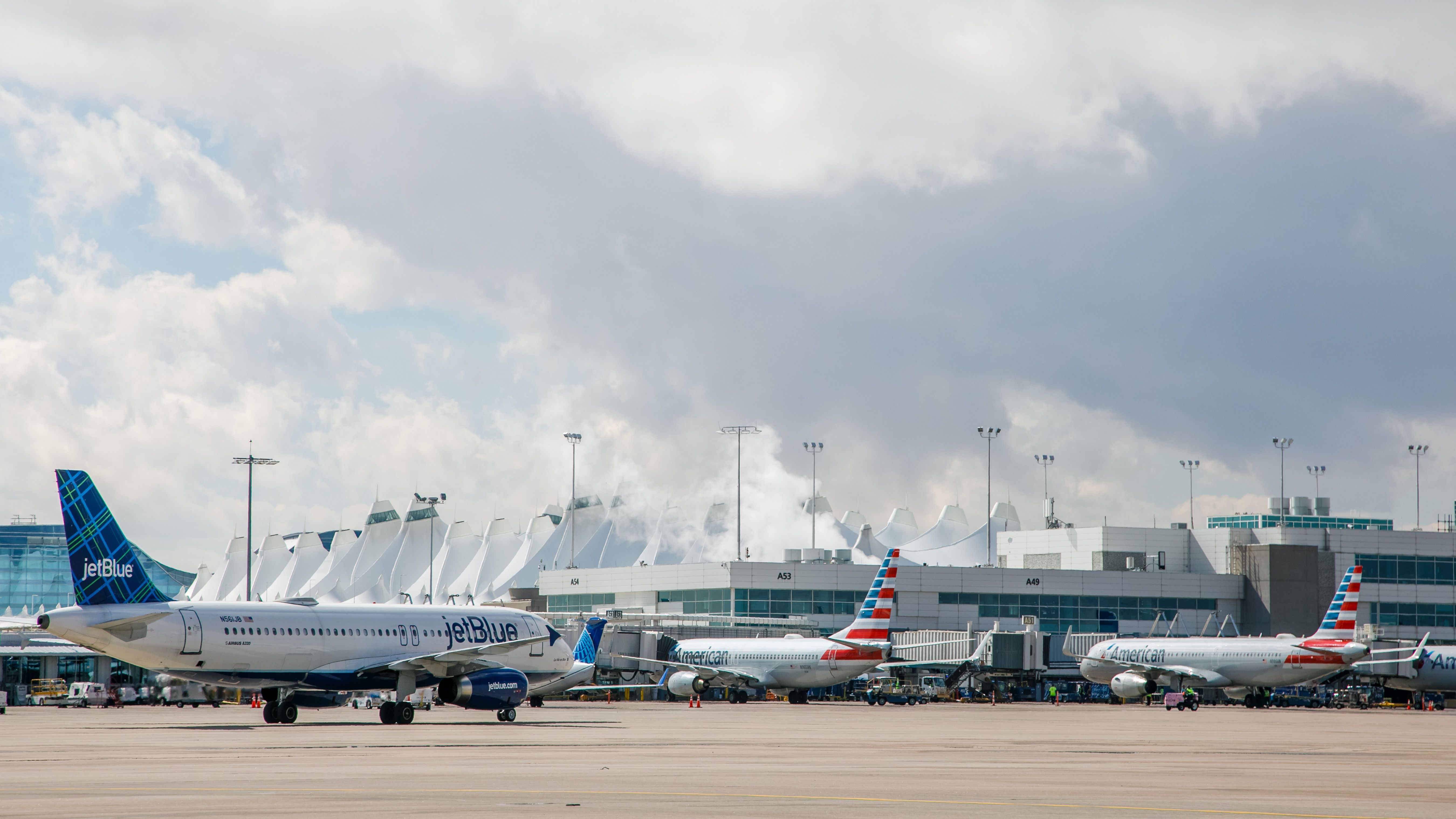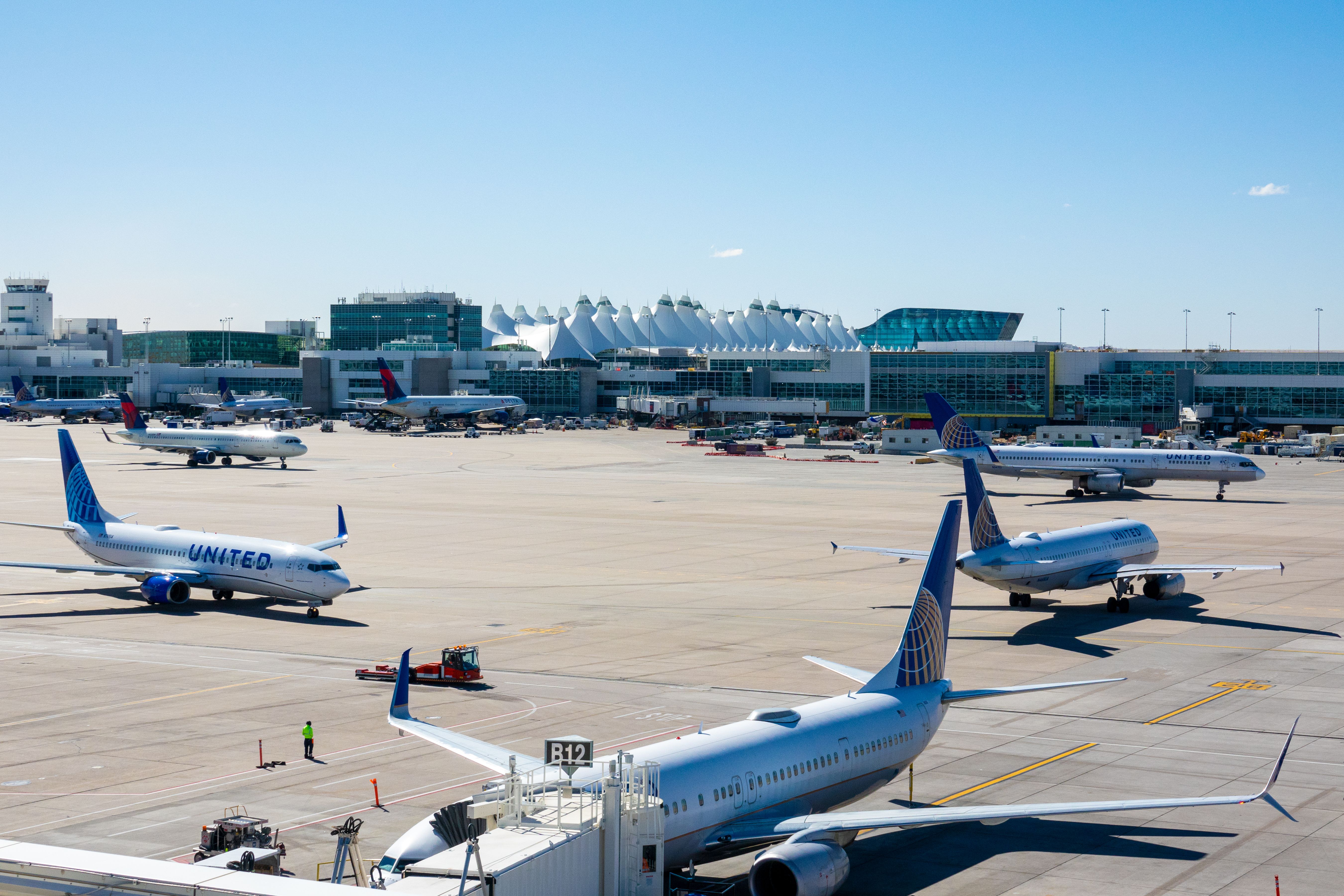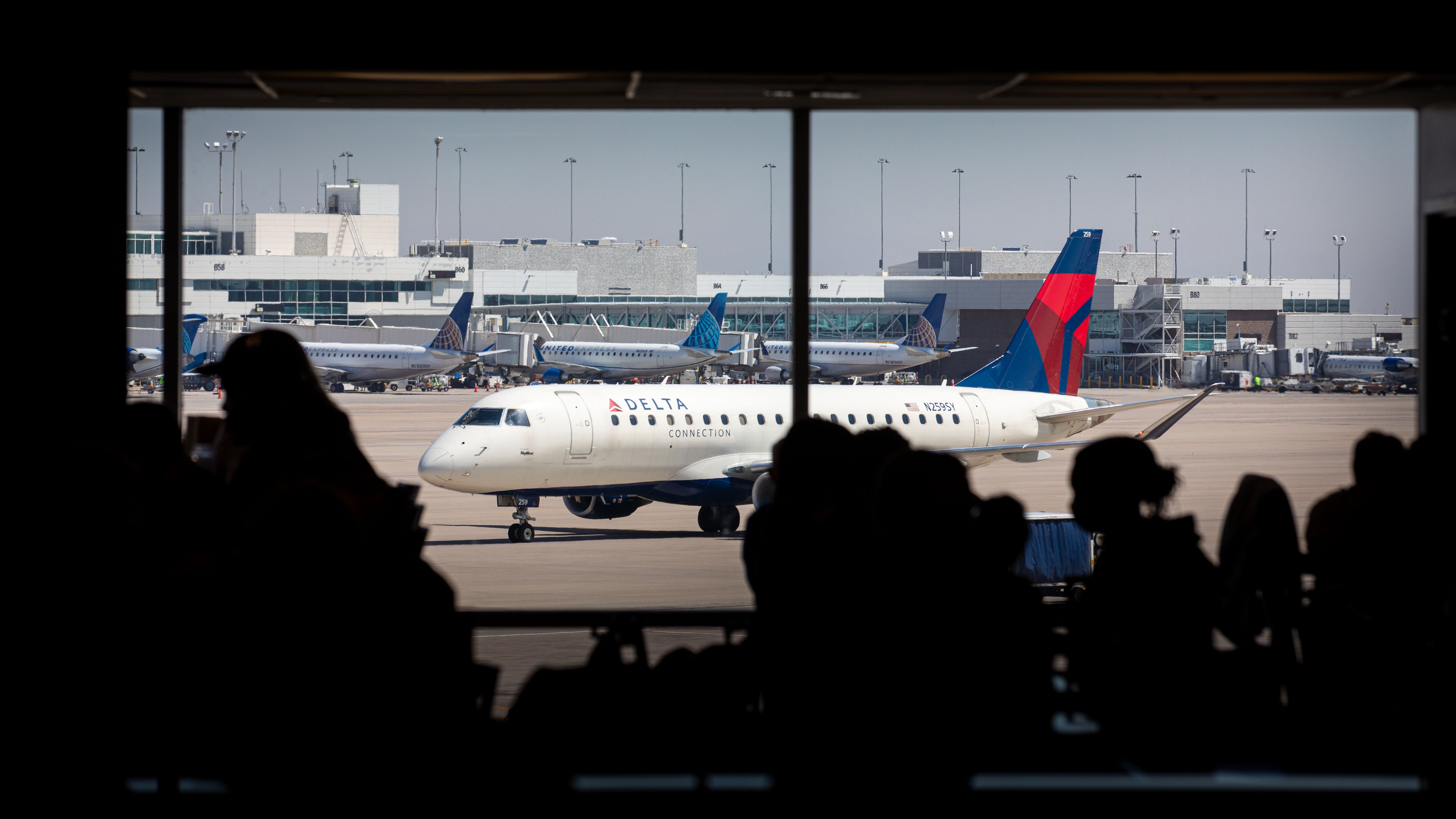Months into the post-pandemic era, the US aviation industry is experiencing a bleak recovery outlook. Passengers have been faced with flight cancelations, delays, and overall chaos, and it's primarily due to one reason, staff shortages within the industry.This alarming problem has caused two key lawmakers to seek a federal investigation into whether airlines used any of the $54 billion they received in pandemic relief to encourage employees to quit, possibly fuelling the ongoing workforce shortages.
What was the purpose of the government aid?
After demand for air travel caused the industry to plunge in early 2020, US carriers received federal funds from a dedicated program, amounting to approximately $54 billion. The federal funds came in three rounds and covered much of US carrier payroll costs for about 18 months so that the airlines could still sustain an adequate amount of operable workforce numbers to ride out the pandemic.
The program was called the Payroll Support Program (PSP), and according to lawmakers, it was enough to help sustain the aviation sector during the pandemic. Senator Maria Cantwell, the Chair of the Senate Commerce Committee, said:
"PSP helped sustain a critical sector of the US economy by ensuring airlines had funding to continue paying their employees. PSP saved the jobs and livelihoods of hundreds of thousands of workers across the US airline industry."
What is it like to fly these days?
With the funding PSP provided, airline operations in this post-pandemic era should be relatively smooth, and flying should not be such a headache for passengers. Unfortunately, this has not been the case since late 2021, when the rebound in demand for air travel was and is still being met with mass cancelations and delays. Baggage mishandling and industrial walkouts have also grown to become more significant problems.
The root cause of these issues is simply a lack of trained staff. And industrial walkouts have been increasing because airline employees say they are still being paid at slashed salary rates, not pre-pandemic rates. Yet despite the apparent lack of staff, airlines have coincidentally blamed the operational failures on the weather. Then again, if PSP saved jobs and livelihoods as it was designed to do, the airlines should have had at least a decently sized operable workforce to deal with the rebound of passenger demand more efficiently.
Where did the funds go?
But why don't the airlines have enough staff if they were already given the funds to sustain them for about 18 months? It's been alleged that at the same time the airlines were receiving the government PSP lifeline, they were also offering attractive incentives to encourage thousands of employees to quit or take voluntary long-term leave of absence. Due to the lack of capacity demand during the pandemic, airlines needed to reduce their expenses.
It is suspected that such incentives to reduce the workforce, or however else the money was used that did not involve funding paychecks, might have fueled the current staffing shortages, which the lawmakers wish to investigate in this new probe. Current rules state that airlines accepting government assistance that funded payroll costs were disallowed from layoffs or firing workers and faced restrictive limits on executive compensation and bans on stock buybacks and dividends.
The new probe is the second time airlines are being asked how they used the government lifeline. The first hearing happened in December last year when the operational challenges were already happening as demand for air travel picked up. As the problems did not seem to improve, lawmakers now demand a more transparent review, saying in a letter:
"The inspector general must complete a thorough review of the federal funding Treasury has disbursed to airlines to sustain their operations during the coronavirus pandemic, including an accounting for how the funds were disbursed and used by each airline recipient."
Bottom line
It would be interesting to see what the review eventually concludes and if there was any misappropriation of the PSP funds. Should any such findings be proven, the punishment for those guilty could be significant. Then again, if the review shows up nothing to suggest that, then perhaps it was a case of too many passengers for a still-struggling aviation industry to cope. However, it is still up to the airlines to manage their schedules and not sell as many flights if they know they don't have an adequate workforce to sustain ramped-up operations.
Discover more aviation news here!
Source: Reuters



